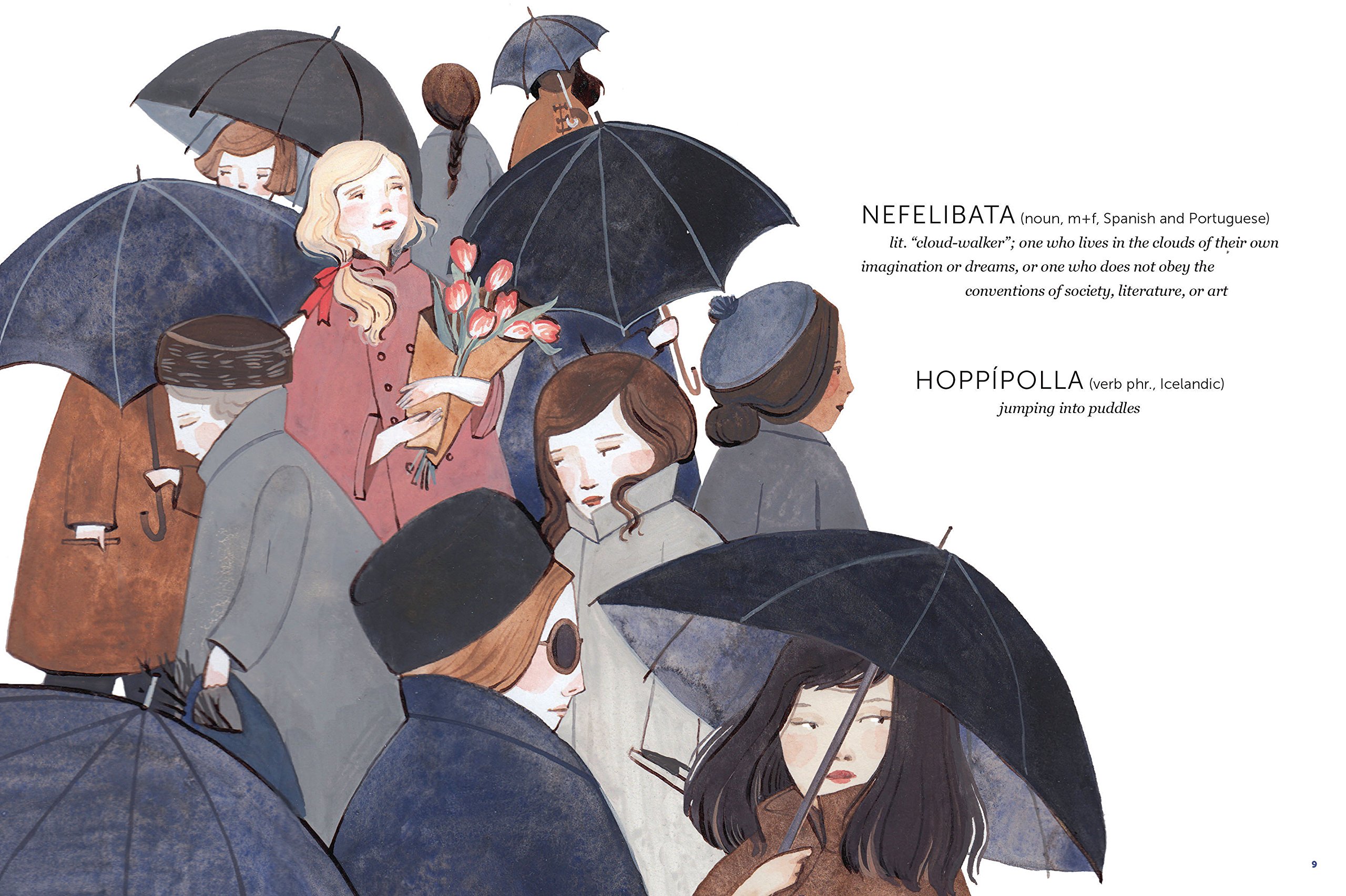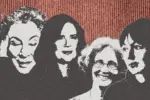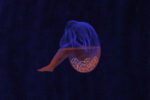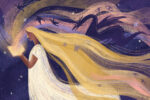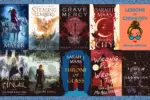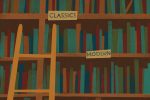One of the side benefits of majoring in English is that, by dint of reading anthologies, critical studies and other books about books, you pick up a nodding acquaintance with most significant works of world literature. Even if you don’t know them firsthand, you know enough about them to sound knowledgeable if they arise in conversation. Only a literature nerd can appreciate the joy of supplying, at exactly the right time, the obscure information about authorship or plot detail that’s eluding everyone else in the room.
Besides book trivia, word trivia offers a similar sea of knowledge for language-lovers to immerse themselves in. I don’t have the enthusiasm for the mechanics of grammar that some of my friends do, but I do enjoy an evocative word and a well-turned phrase, so I’ve dipped my toes into that sea before. The three books listed here are ones that I’ve found both informative and entertaining.
1. “Brewer’s Dictionary of Phrase and Fable” edited by Susie Dent
This book began as a collection of trivia and linguistic data amassed by E. Cobham Brewer, a Victorian-era scholar. Since its publication, though, “Brewer’s Dictionary” has been updated frequently, so the current edition includes entries on juke boxes and the Pentagon alongside Brewer’s originals. As the title suggests, most entries are devoted to the meanings of individual words and idiomatic phrases. Although Brewer didn’t provide etymologies, he did give abundant information on words’ or phrases’ original meanings. For example, he explains that “paraphernalia” was once a Roman legal term describing “all that a woman can claim at the death of her husband.” Since the law defined a woman’s paraphernalia as her clothes, jewelry and furniture, the word acquired its present, generalized meaning of “personal belongings or baggage.”
Beyond the definitions, “Brewer’s Dictionary” also contains random facts covering topics as varied as medieval heraldry or the symbolic meanings of certain colors and gemstones. Some of it is more lore than fact, but that doesn’t detract from the fascination of seeing what Brewer deemed worthy of including. Under “horse,” for example, is a list of fifty-five or so famous horses of history or legend, along with a brief summary of their merits. The entry for “coffee” offers tidbits like “Coffee was introduced into England in 1641,” and “It was an old custom in the Ardennes to take ten cups of coffee after dinner, and each cup had its special name.”
One defect of the book is that there seems little system behind which words are included and which aren’t, so you may not be able to find every word you want to look up. However, its store of idioms is thorough and extensive. The book is best for casual reading, where you can enjoy its eclectic nature without worrying about whether you’ll actually use its information or not.
2. “The Etymologicon” by Mark Forsyth
Like “Brewer’s Dictionary,” this book grew from previously published content, in this case a blog run by the author, Mark Forsyth. As its subtitle promises, “The Etymologicon” is “a circular stroll through the hidden connections of the English language,” giving the histories of various words and their original meanings in more detail and with more focus than “Brewer’s Dictionary.”
In doing so, it often illustrates the logic behind words’ development. For example, it explains that the English word for “sky” is derived from the Anglo-Saxon word for “clouds.” Why? Because, in England, the sky is cloudy for most of the year, so clouds and sky became synonymous, at least in terms of language.

It’s easy for explanations of etymology to become overly technical, but that’s not the case with “The Etymologicon.” Forsyth avoids any jargon, and his conversational tone makes for easy reading. The “chapters” (each section is usually only a page or two long) bounce from one word to another at a frantic pace, belying the “stroll” promised by the subtitle. This fast pace does make it easier for the book to demonstrate the connections between words that don’t seem related at all, such as “chess” and “exchequer” (which are descended from the same Persian root).
“The Etymologicon” resembles “Brewer’s Dictionary” again by detouring away from pure linguistics to dwell on tangentially related topics; some of its sidebars include a summary of the current theory of language development, a history of the Oxford English Dictionary, the story behind how Starbucks got its name and instructions for making a book the medieval way (that is, from animal hides).
“The Etymologicon” probably isn’t for everyone (among other things, it explains the etymologies of “masochism” and various profanities), but its abundant information on how English words developed and what relation they have to one another is fascinating.
3. “Other-Wordly” by Yee Lum-Mak
I’ve saved the best for last. This book is my favorite of the three on the list. Unlike the other two, this isn’t primarily a book for gaining information, but simply for enjoying. “Other-Wordly” is a collection of unusual words from various languages that describe hard-to-describe feelings or that give names to objects or ideas that are rarely recognized, let alone named. A good example is the Turkish verb “nazlanmak,” which means “pretending reluctance when you are actually willing and eager.” Who hasn’t done this at some point? But who knew there was actually a word for it?
Discovering words that let you express concisely something you’ve never been able to articulate before is what makes “Other-Wordly” so much fun. Each entry gives the word (“sobremesa”), its part of speech (“noun”), language of origin (“Spanish”) and a brief definition (“time spent around the table after lunch or dinner talking to the people with whom you shared the meal”). The only flaw is that there’s no pronunciation guide, so you’ll just have to take your best guess when you try to drop your newly-acquired words into conversation.
Surprisingly, the words aren’t necessarily from a foreign language. English contributed the most words of any single language, but I’d never encountered most of them. Without even the excuse of a foreign origin, the reasons for their obscurity are puzzling. What’s wrong with “psithurism,” which gives a name to a common phenomenon (“the sound of the wind through the trees”) and even sounds like what it describes?
“Other-wordly” is a slim book, but you shouldn’t rush through it. It’s better savored at a leisurely pace, where you can take time to digest the meaning of each word and think of situations where it would apply. Going slowly also allows you to appreciate the lovely illustrations by Kelsey Garrity-Riley, whose watercolor-like drawings add much to the book’s charm.


